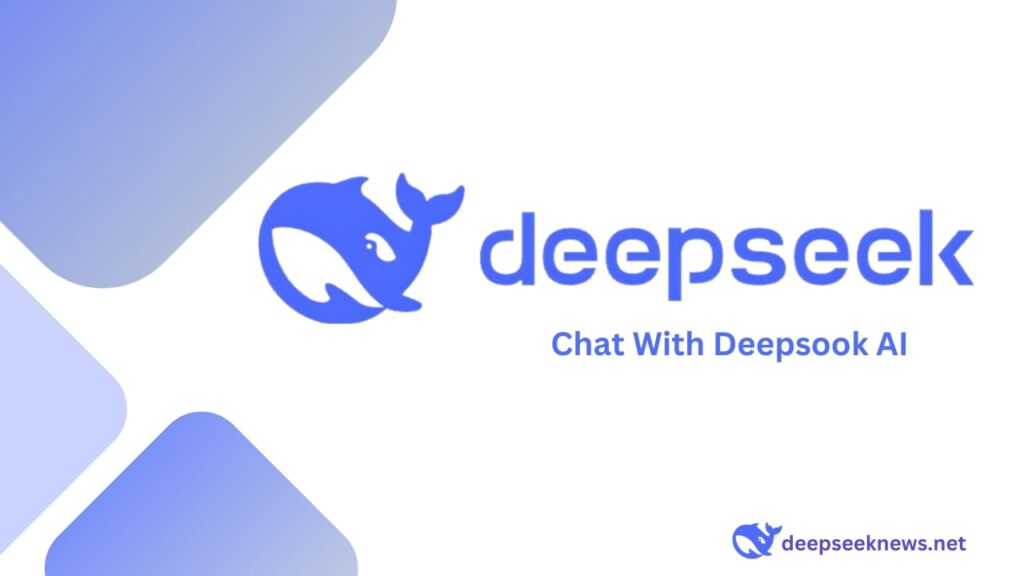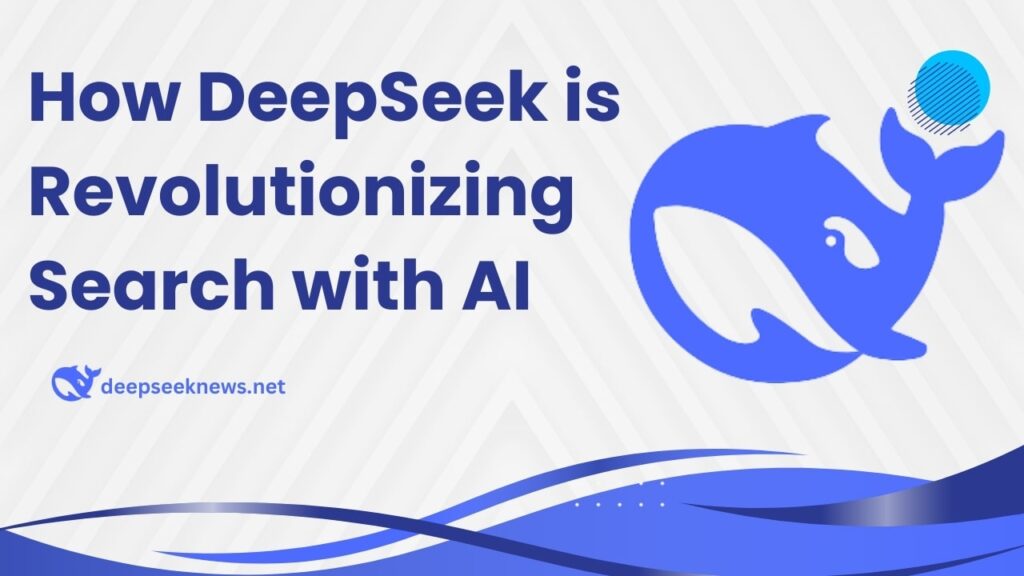The financial sector is increasingly adopting artificial intelligence (AI), but this comes with rising costs due to new regulations. While AI tools like DeepSeek R1 offer exciting possibilities, companies must also prepare for higher compliance expenses. A recent report by the Korea Institute of Finance highlights these trends.
The Rise of AI in Finance
Generative AI, like DeepSeek R1: A Guide With Examples, is transforming the financial industry. This low-cost, open-source AI model allows companies to customize solutions for their needs. It has sparked optimism about improving AI performance and reducing costs.
The government is also supporting AI adoption. In December 2023, the Financial Services Commission announced plans to promote Generative AI in finance. These plans include guidelines for AI use and stronger internal controls. The growing interest in AI in finance aligns with global trends, such as India’s race to build its own AI model to compete with DeepSeek.
New Regulations and Their Impact
The Framework Act on Artificial Intelligence, passed in December 2023, will take effect in January 2026. This law classifies financial firms using AI for customer service or product development as AI service providers. If they use “high-impact AI,” which significantly affects human life, they must meet strict safety and reliability standards.
While these regulations ensure safety, they also increase costs. Financial companies will need to invest in compliance, including preliminary inspections and certifications. The challenges of balancing AI advancements with regulations are also evident in other sectors, as seen in China’s rising soft power through DeepSeek and its applications in different industries.
The Role of DeepSeek R1
DeepSeek R1 is a game-changer for the financial sector. As an open-source AI model, it offers flexibility and cost savings. However, its adoption also requires careful planning to meet regulatory requirements.
The report notes, “The demand for open-source AI in finance will grow rapidly, but so will the costs of complying with AI regulations.” Meanwhile, DeepSeek’s influence continues to expand beyond finance, with its technological advancements being discussed alongside Unitree Robotics as China’s leading tech innovators.
 ‘
‘
Balancing Innovation and Compliance
The financial sector faces a dual challenge: leveraging AI for innovation while managing compliance costs. Companies must balance the benefits of tools like DeepSeek R1 with the need to meet safety standards.
The report suggests that the government should coordinate efforts to define which financial services fall under “high-impact AI.” This will help companies prepare and reduce uncertainty.
Conclusion
AI is reshaping the financial sector, with DeepSeek R1 leading the way. While this brings exciting opportunities, it also comes with challenges. Companies must navigate rising compliance costs while embracing AI’s potential. With the right balance, the future of AI in finance looks promising.

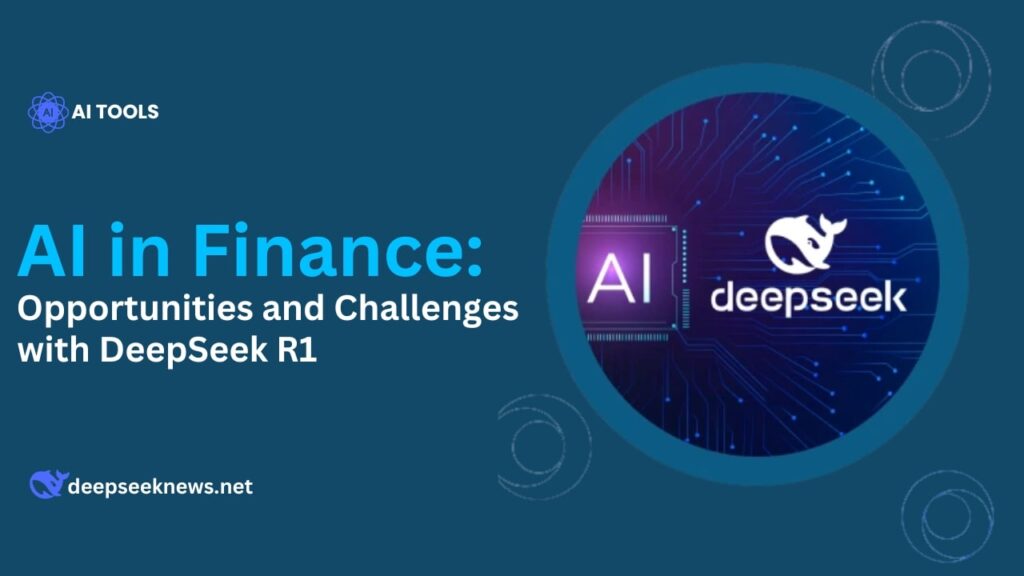
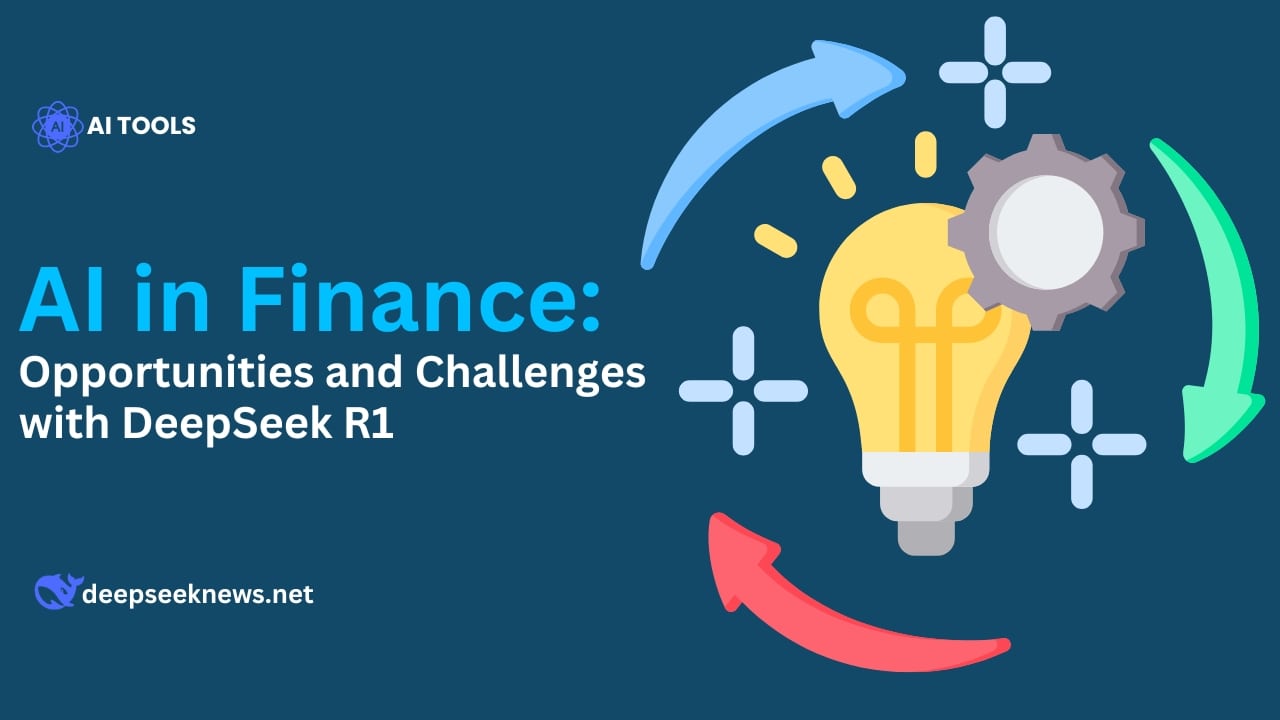
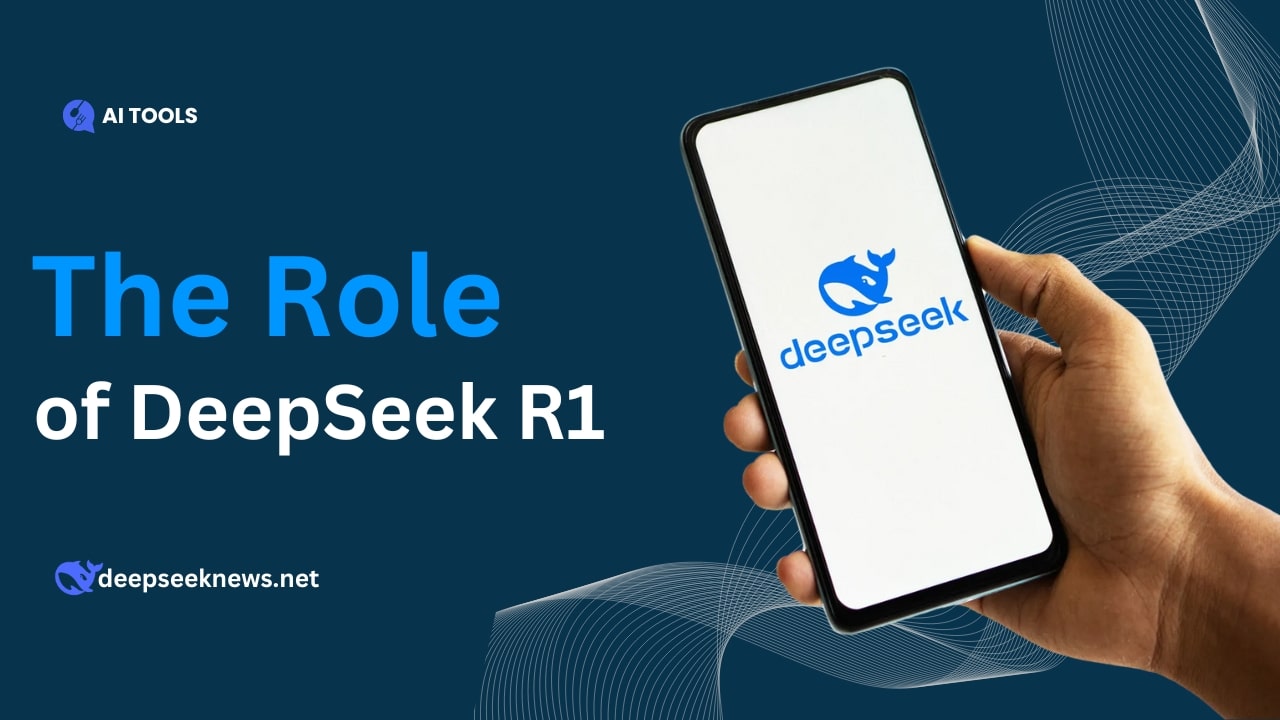
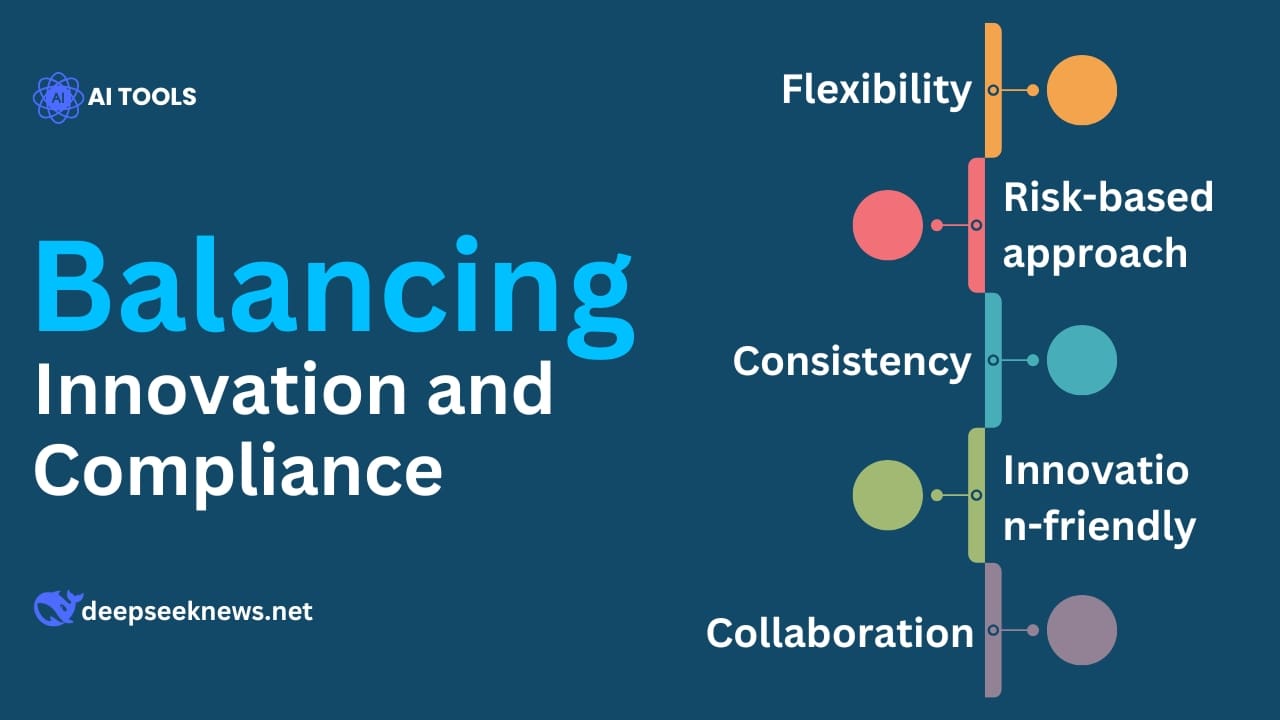 ‘
‘